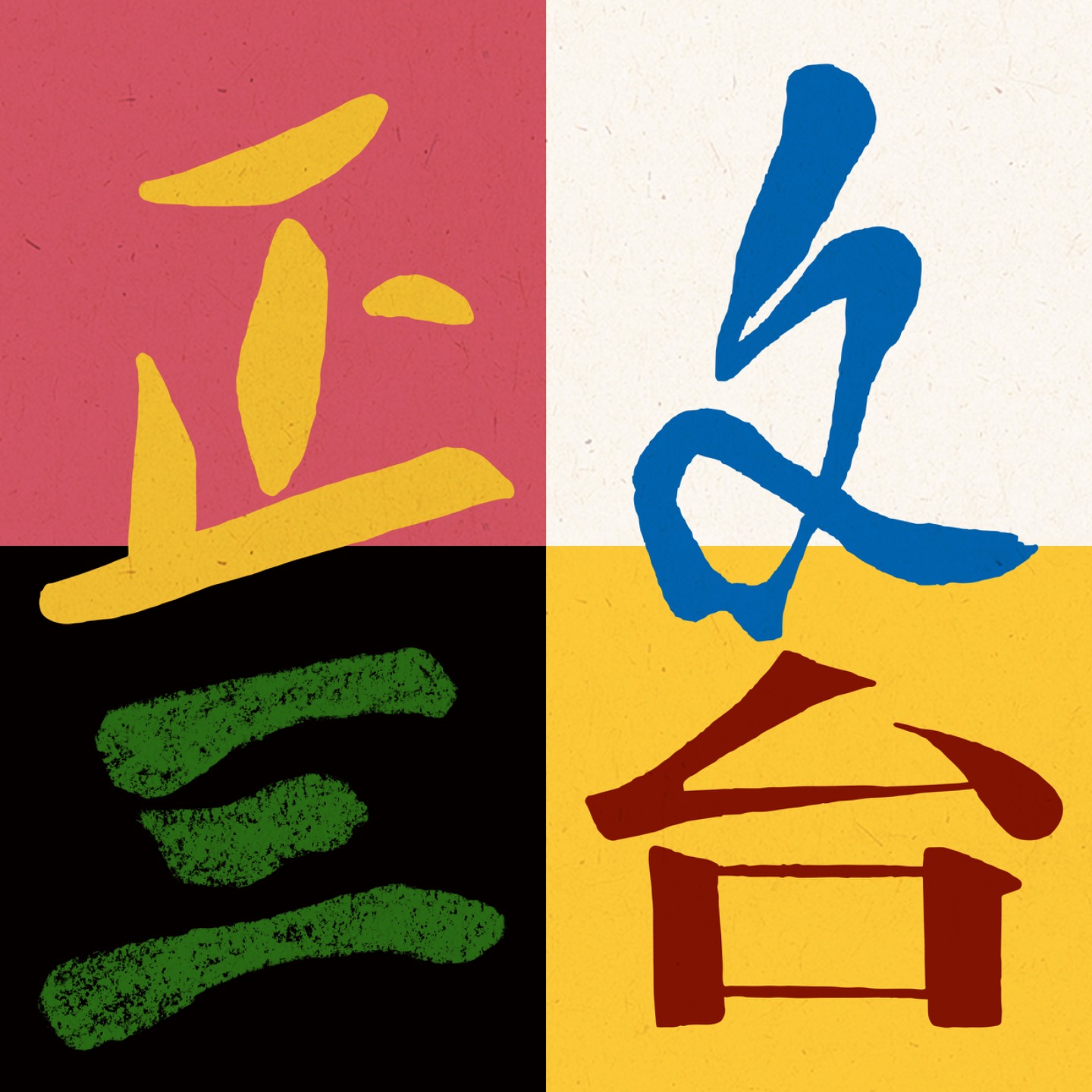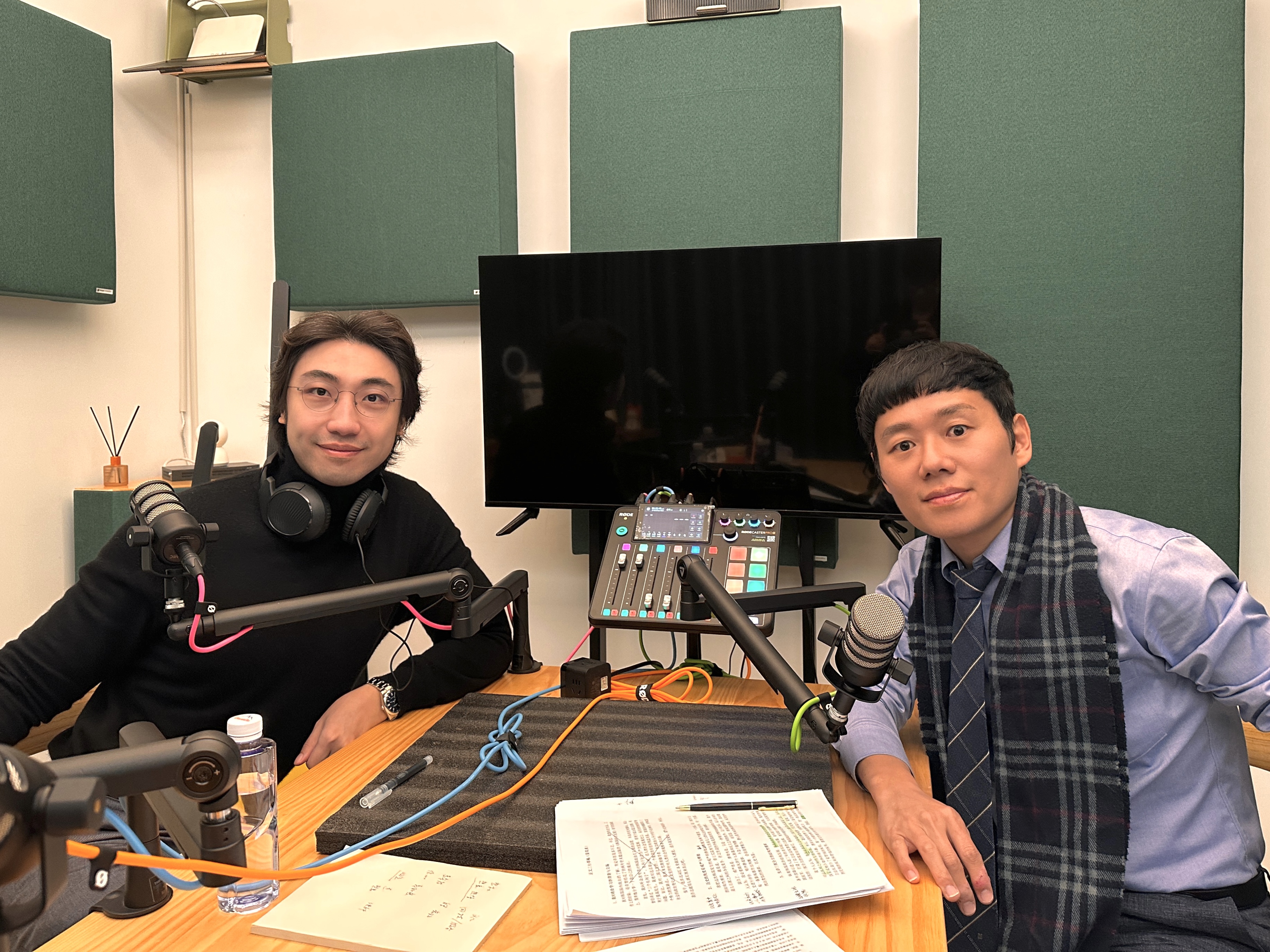
Deep Dive
What were the key factors that led to the division of political factions in Korea during the Joseon Dynasty?
The division of political factions in Korea during the Joseon Dynasty began in the late 15th century due to disagreements over personnel appointments. This led to the split between the Easterners (Dongin) and Westerners (Seoin), which further divided into subgroups like the Northerners (Bukin) and Southerners (Namin). These factions became the foundation of Korea's political landscape, with regional and ideological differences shaping their interactions.
How did the Japanese colonial period influence the political choices of Koreans?
During the Japanese colonial period (1910-1945), many Koreans were born and raised under Japanese rule, leading them to identify as Japanese due to colonial education and cultural assimilation. Most chose to adapt to the Japanese system for survival, while a minority joined resistance movements abroad. This period created a complex legacy, as some Koreans collaborated with the Japanese for personal advancement, while others resisted colonial oppression.
What role did the U.S. Military Government play in shaping post-liberation Korean politics?
After Japan's surrender in 1945, the U.S. Military Government in Korea sought to establish a Western-style political system. It marginalized leftist groups like the Korean People's Republic and favored right-wing factions, including former collaborators with Japan. This led to the dominance of conservative forces in the early South Korean government, setting the stage for ongoing political polarization.
Why did Lee Seung-man collaborate with pro-Japanese factions despite his role in the independence movement?
Lee Seung-man collaborated with pro-Japanese factions to consolidate his power and gain the trust of the U.S. Military Government. These factions had the financial resources and administrative expertise needed to stabilize the newly liberated South Korea. This pragmatic alliance allowed Lee to secure his position as the first president, despite the ideological contradictions with his independence movement background.
How has the Korean civil service system been affected by political factionalism?
The Korean civil service system has been deeply influenced by political factionalism, particularly since the presidency of Kim Dae-jung. Each new administration replaces high-ranking officials with loyalists, leading to a cycle of purges and appointments based on political alignment rather than merit. This has created instability and inefficiency within the bureaucracy, as officials are often replaced when the ruling party changes.
What challenges does the current political system in Korea face regarding democracy?
Korea's political system faces challenges in maintaining a balance of power and ensuring genuine democratic governance. The dominance of the ruling party often leads to the marginalization of opposition voices, while the civil service and media are heavily politicized. Additionally, the winner-takes-all approach in elections exacerbates polarization, making it difficult to achieve consensus and long-term stability.
- 朝鲜王朝时期朋党政治的出现与官员任免问题有关
- 日本殖民时期,韩国人在顺应日本体制与反抗之间做出选择
- 韩国近代左右派的对立,根源于历史和社会文化
Shownotes Transcript
-聊天的人-
Phil Chang(ID:@Phil Chang))
姜昊求(韩中经济社会研究所所长,ID:@SKESI.kr姜昊求所长))
 -时间轴-
-时间轴-
04:15 万历朝鲜战争时期的党争
06:18 日本殖民时期韩国人的选择
13:30 朝鲜光复之后党争再起
27:43 总统的用人
29:50 姜所长身边的案例
41:23 金大中之后公务员系统出现分裂
46:55 左右翼都拿民主作为获得权力的工具
-剪辑-
Phil Chang
-出品·制作-
Phil Chang
-听友群-

*本节目欢迎更多有趣优质内容,有相关经历且有兴趣的朋友可以加听友群联系Phil Chang,《正文三台》期待各位的分享!